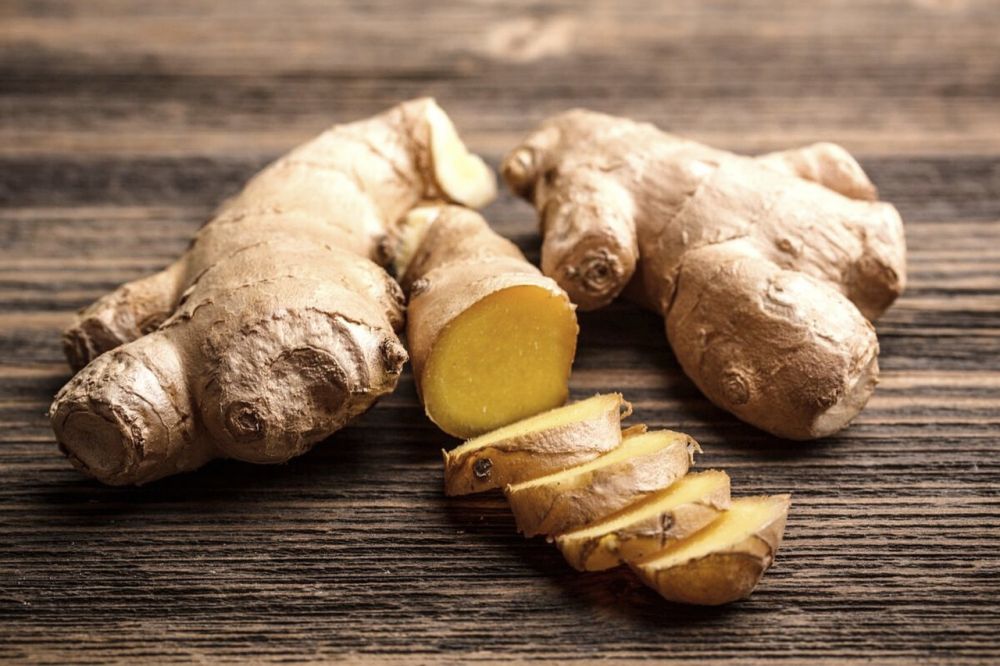Juice Diet: A Comprehensive Guide to the Popular Trend

Introduction
The Juice Diet has gained significant popularity in recent years as a quick and effective way to detoxify the body, lose weight, and improve overall health. This article will provide a thorough overview of the Juice Diet, discussing its types, popularity, and quantitative measurements. Additionally, it will explore the differences between various Juice Diets and offer a historical analysis of their pros and cons.
Overview of Juice Diet

The Juice Diet revolves around consuming primarily fruit and vegetable juices while minimizing solid food intake. It is often used as a short-term cleanse or a weight loss strategy. The main objective is to flood the body with essential vitamins, minerals, and antioxidants found in fresh juices. Juice diets can last from a few days to several weeks, depending on personal goals and preferences.
Types of Juice Diets
There are several types of Juice Diets available, each with its unique approach and benefits. Some popular Juice Diets include:
1. The Green Juice Diet: This variant predominantly focuses on consuming green vegetable juices such as kale, spinach, and cucumber. These juices are rich in chlorophyll, which aids in detoxification and provides a wide range of nutrients.
2. The Fruit Juice Diet: As the name suggests, this diet emphasizes consuming fruit-based juices. These refreshing concoctions provide a burst of natural sugars and essential vitamins. However, they should be moderated due to their high sugar content.
3. The Juice Cleanse: This diet involves consuming only juices for a set period, typically ranging from three to seven days. It aims to eliminate toxins from the body and rejuvenate the digestive system.
Quantitative Measurements of Juice Diet
Quantitative research on the Juice Diet provides insights into its efficacy and potential risks. Numerous studies have shown that short-term Juice Diets can lead to significant weight loss due to reduced caloric intake. However, it is essential to note that this weight loss is primarily due to water and glycogen depletion, not necessarily fat loss.
Furthermore, such diets may lack sufficient protein and essential fatty acids, leading to nutrient deficiencies if followed for extended periods. It is crucial to consult with a healthcare professional before embarking on a Juice Diet to ensure it aligns with individual needs and goals.
Differences Between Juice Diets
While all Juice Diets share the common principle of juice consumption, they differ in ingredients, duration, and objectives. Some focus on detoxification, while others prioritize weight loss or overall health improvement. Understanding these differences is vital for selecting a Juice Diet that aligns with individual preferences and goals.
Historical Analysis of Juice Diet Pros and Cons
Juice Diets have been praised for their ability to flood the body with essential nutrients and support weight loss. However, they have also faced criticism for their potential dangers and lack of long-term sustainability. It is essential to consider both the advantages and disadvantages before embarking on a Juice Diet.
Conclusion
The Juice Diet offers a promising approach to detoxification, weight loss, and improved health. With various types to choose from, individuals can select a Juice Diet that suits their preferences and goals. Although short-term Juice Diets can result in immediate weight loss and enhanced well-being, it is crucial to approach them with caution and seek professional guidance for prolonged use. By understanding the history, differences, and quantitative measurements of Juice Diets, individuals can make informed decisions about integrating them into their lifestyles.











